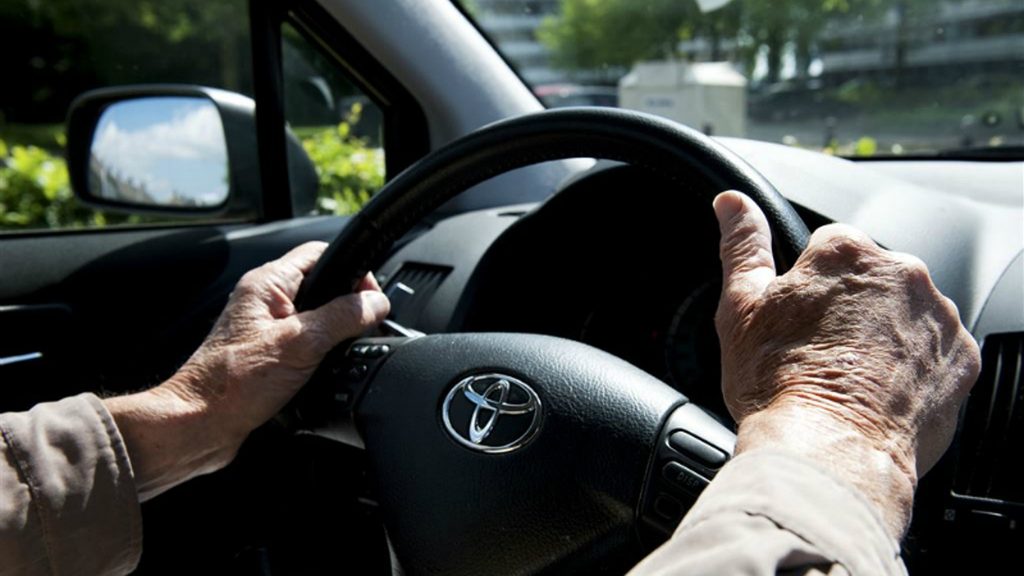The European Union wants elderly people (70+) to undergo medical tests from now on to prove that they are still capable of driving a car every five years. However, the proposal has been met with a lot of criticism.
The European Commission, European Parliament and European Council are discussing a revision of the Driving Licence Directive. Through Article 10 of that directive, the Commission wants to oblige Member States to limit the validity of licences of drivers aged 70 and over to five years or less.
In this way, they would have to periodically prove – through medical tests – that they are still able to drive, and may also be required to take refresher courses.
"This is pure age discrimination. All the more so because no evidence or figures have been provided to show that drivers aged 70 and over are more often involved in accidents," Koen Peeters of the Flemish senior citizens' association OKRA told De Standaard. "They are merely relying on the fictitious assumption that over 70s would be a danger on the road. We cannot do that."
Screening from 18
Belgian MEP Benoît Lutgen, who sits on the mobility committee in the European Parliament, agrees with OKRA and announced on social media that he will oppose additional controls based on age.
"It has not yet been widely publicised in our country," said Peeters. "That is why we have just sent letters to Flemish MEPs and Interior Minister Annelies Verlinden and Mobility Minister Georges Gilkinet. The European Commission seems to want to get this done before the elections, but we hope to be able to stop that."
He stressed that OKRA does not oppose measures that could increase road safety: "Screenings and time restrictions, based on medical diagnoses, are possible for us. But this should happen regardless of age."
Even as a precaution, the practice would not be okay, said Peeters. "If you want to tackle this preventively, you have to screen drivers from the age of 18, because young people can also get serious diseases, such as epilepsy or brain tumours."
Related News
- Police to carry out extra alcohol and drug tests on Belgian roads this weekend
- Driving distracted: Those caught using a phone now face 15-day ban
- European Commission proposes total alcohol ban for novice drivers
While it is true that dementia is more common in the elderly, it is often a gradual process. "We assume that the patient's entourage and the GP can judge when it is no longer responsible to drive. And you can also get dementia at a younger age."
Additionally, within four years, the standard form of driving licence would be purely digital. "The digital divide, which is real, should not be an impediment to retaining a driving licence."
Age discrimination is often a controversial term; the Universal Declaration of Human Rights, for example, does state that no one should be discriminated against based on "religion, skin colour or sex," but does not include age.

